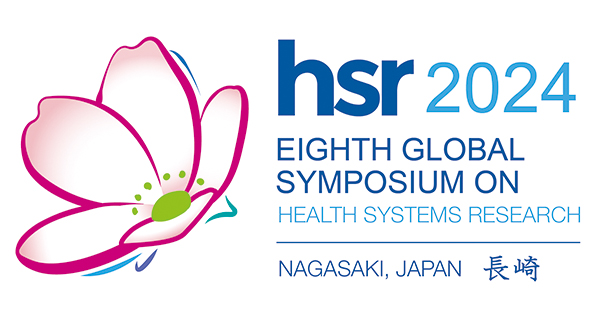Professor Shinjiro Hamano

Speciality / Research theme / Keywords
ParasitologySupervision
Masters ProgrammeQualifications
MD, PhD
Personal/work Web page addresses
- http://www.tm.nagasaki-u.ac.jp/nekken/research/parasitology.html
- http://www.tm.nagasaki-u.ac.jp/lf-ntd/
Research gate or Linked-in account links
- https://www.researchgate.net/profile/Shinjiro_Hamano
- https://www.linkedin.com/hp/?dnr=SDR3GNVkTJO33zBQbaDMLWukbiN3_UtX0mB&trk=nav_responsive_tab_home
Affiliations
- Department of Parasitology, Institute of Tropical Medicine (NEKKEN) Nagasaki University, 1-12-4 Sakamoto, Nagasaki 852-8523, JAPAN
- Nagasaki University Nairobi Research Station, NUITM-KEMRI Project, Nairobi, Kenya
Background
Shinjiro Hamano MD, PhD is a Professor of Institute of Tropical Medicine, Nagasaki University from 2009. Dr. Hamano graduated in medicine and received a MD degree from Kumamoto University in 1993 and a PhD degree from Kyushu University, Fukuoka in 1999. Then, he has been studying host defense mechanisms against various protozoan and helminthic parasites in Kyushu University and Nagasaki University. His research interests are on tropical infectious diseases and host defense mechanism to microbes including parasites. During 2004 to 2006, he had visited University of Virginia and dedicated his time to elucidate the determinants for Entamoeba histolytica to establish the infection using animal model. Dr. Hamano and his colleagues elucidated the pathogenicity of Entamoeba moshkovskii and the role of newly identified heterodimeric cytokine IL-27 and its receptor WSX-1 in host defense to protozoan parasites. He has also engaged in field study about tropical infectious diseases in developing countries.
Teaching
- Parasitic diseases are still a huge menace to human health and continue unabated in tropical areas under the conditions of poverty and the unique natural and social environments. Various kinds of parasites infect humans for long periods of time without killing them, giving rise to tremendous social and/or economic loss. We would like to help students develop deep insight into parasitic diseases and the surrounding factors from various points of view. The roles on TMGH courses is to show existing and new knowledge and to provide an enthusiastic environment for the future generation.
- Parasitology, Neglected Tropical Diseases, Immunology
The country/countries where you work currently
- Kenya
- Bangladesh
Five MOST IMPORTANT/INTERESTING recent publications
- Dey R, Alshaweesh J, Singh KP et al. Production of leishmanin skin test antigen from Leishmania donovani for future reintroduction in the field. Nature Communications. 2023; 14(1):7028.
- Alshaweesh J, Nakamura R, Tanaka Y et al. Leishmania major strain-dependent macrophage activation contributes to pathogenicity in the absence of lymphocytes. Microbiology Spectrum. 2022; 10(5): e0112622.
- Tanaka M, Kildemoes AO, Chadeka EA, et al. Potential of antibody test using Schistosoma mansoni recombinant serpin and RP26 to detect light-intensity infections in endemic areas. Parasitology International. 2021; 83:102346.
- Talaam K et al. Mitochondria as a potential target for the development of prophylactic and therapeutic drugs against Schistosoma mansoni infection. Antimicrobial Agents and Chemotherapy. 2021; AAC0041821.
- Zhang WW, Karmakar S, Gannavaram S, et al. A second generation leishmanization vaccine with a markerless attenuated Leishmania major strain using CRISPR gene editing. Nature Communications. 2020, 10; 11(1):3461.
Message
Parasitic diseases are still a huge menace to human health and continue unabated in tropical areas under the conditions of poverty and the unique natural and social environments. Various kinds of parasites infect humans for long periods of time without killing them, giving rise to tremendous social and/or economic loss. We would like to help students develop deep insight into parasitic diseases and the surrounding factors from various points of view. The roles on TMGH courses is to show existing and new knowledge and to provide an enthusiastic environment for the future generation.

